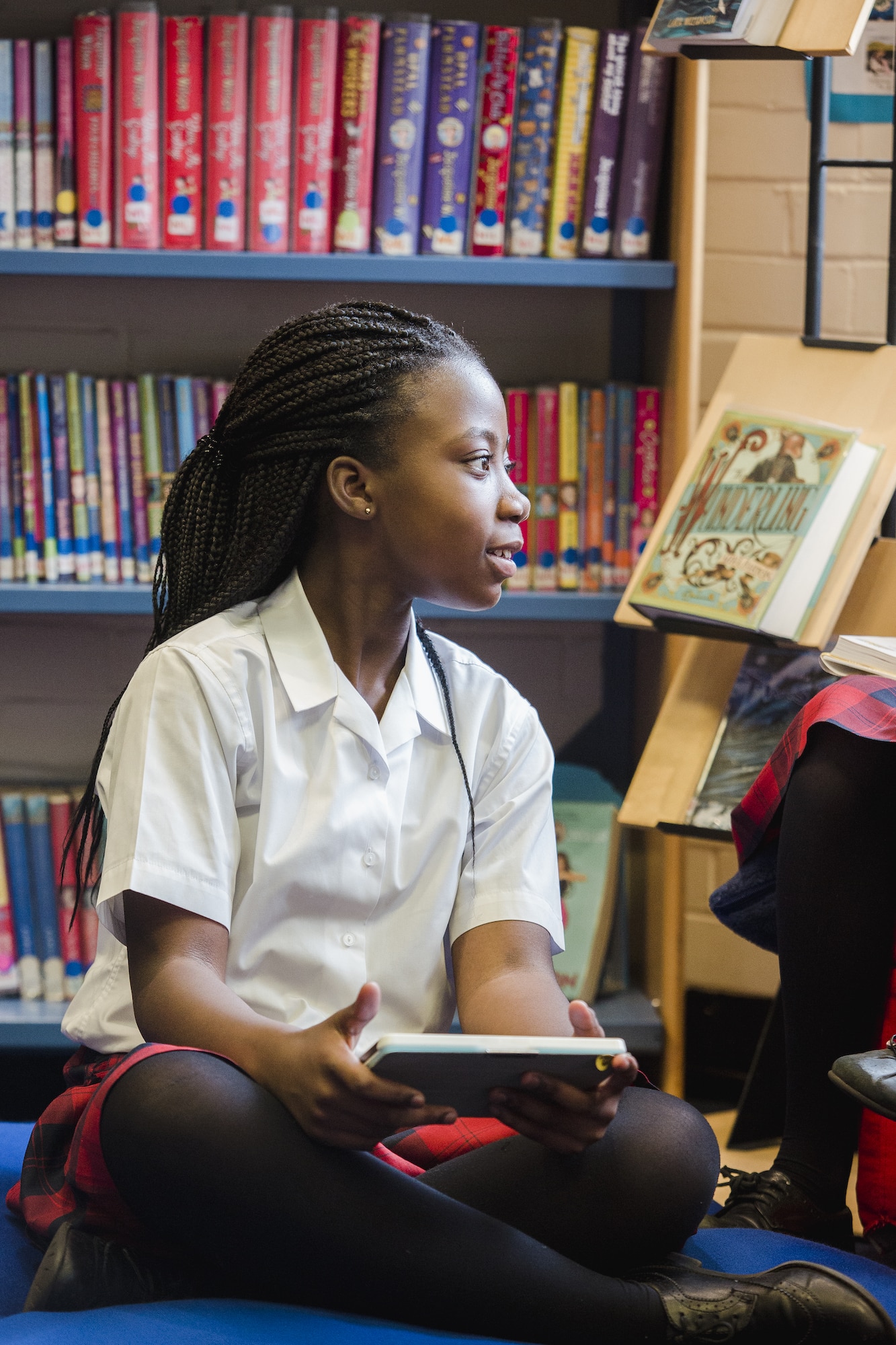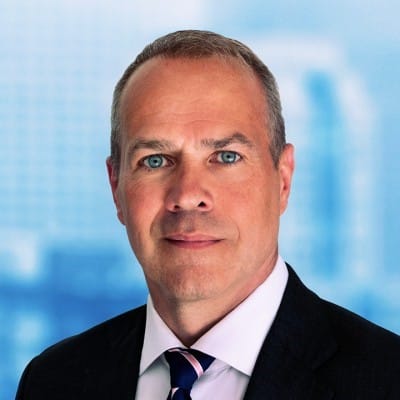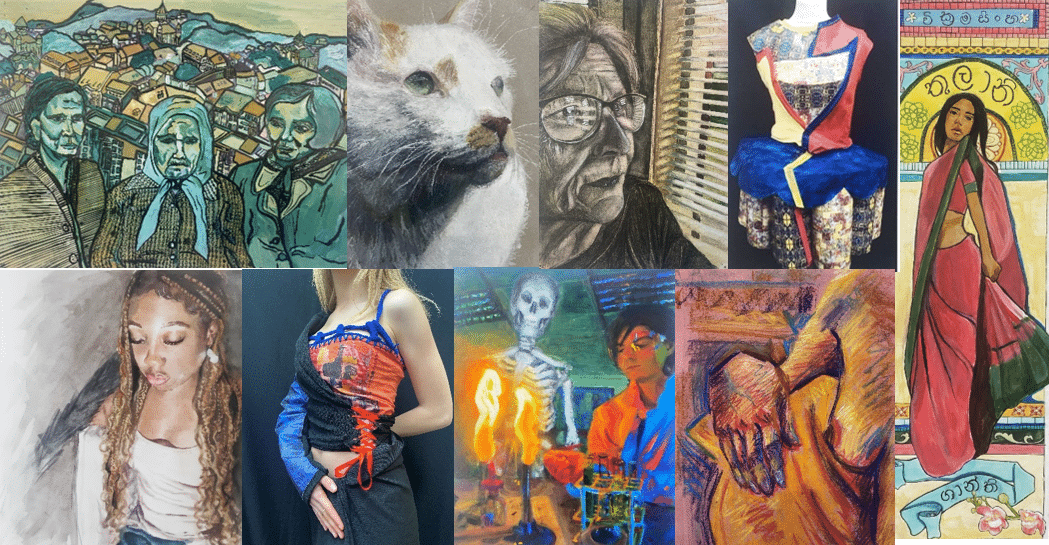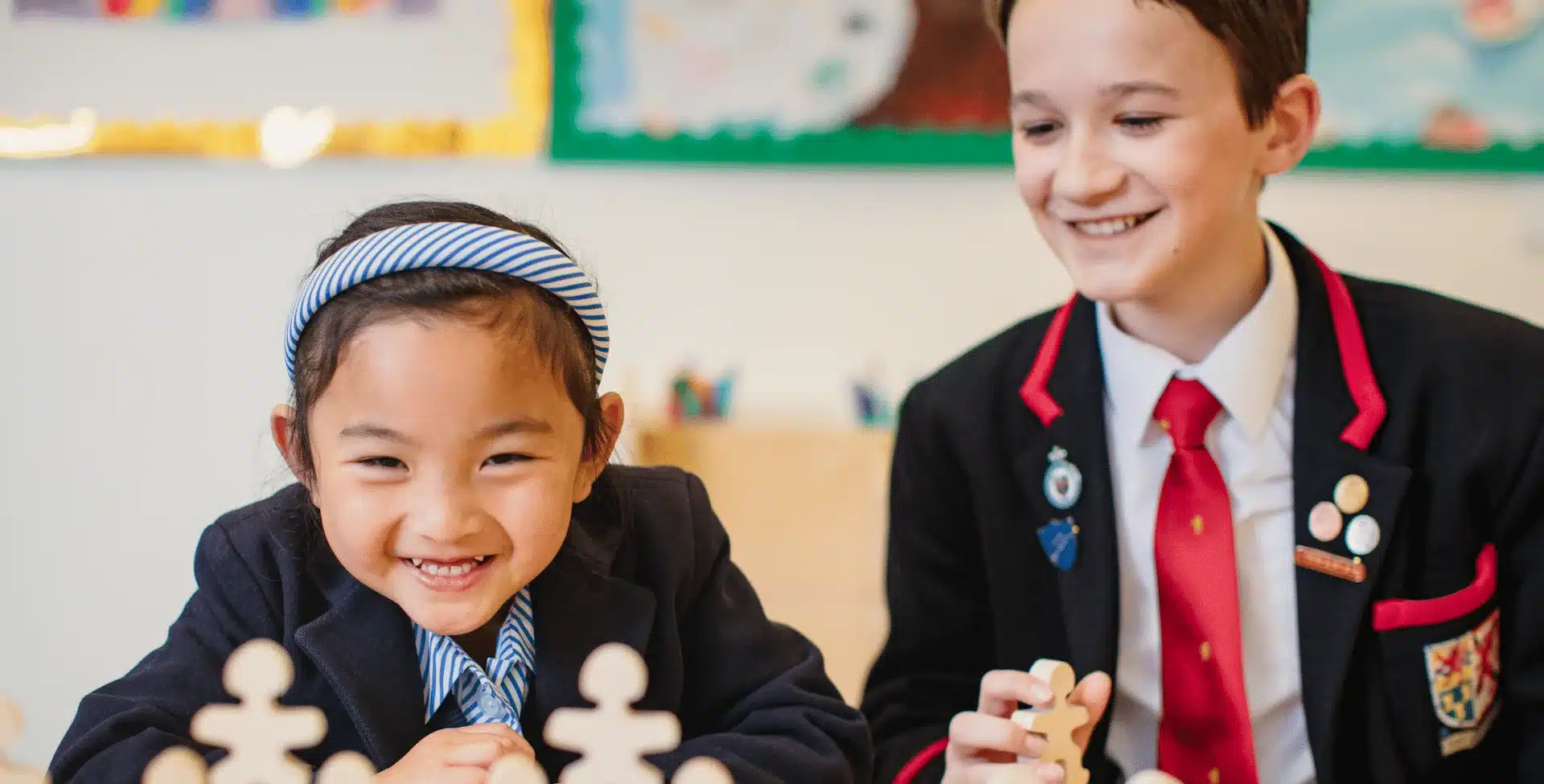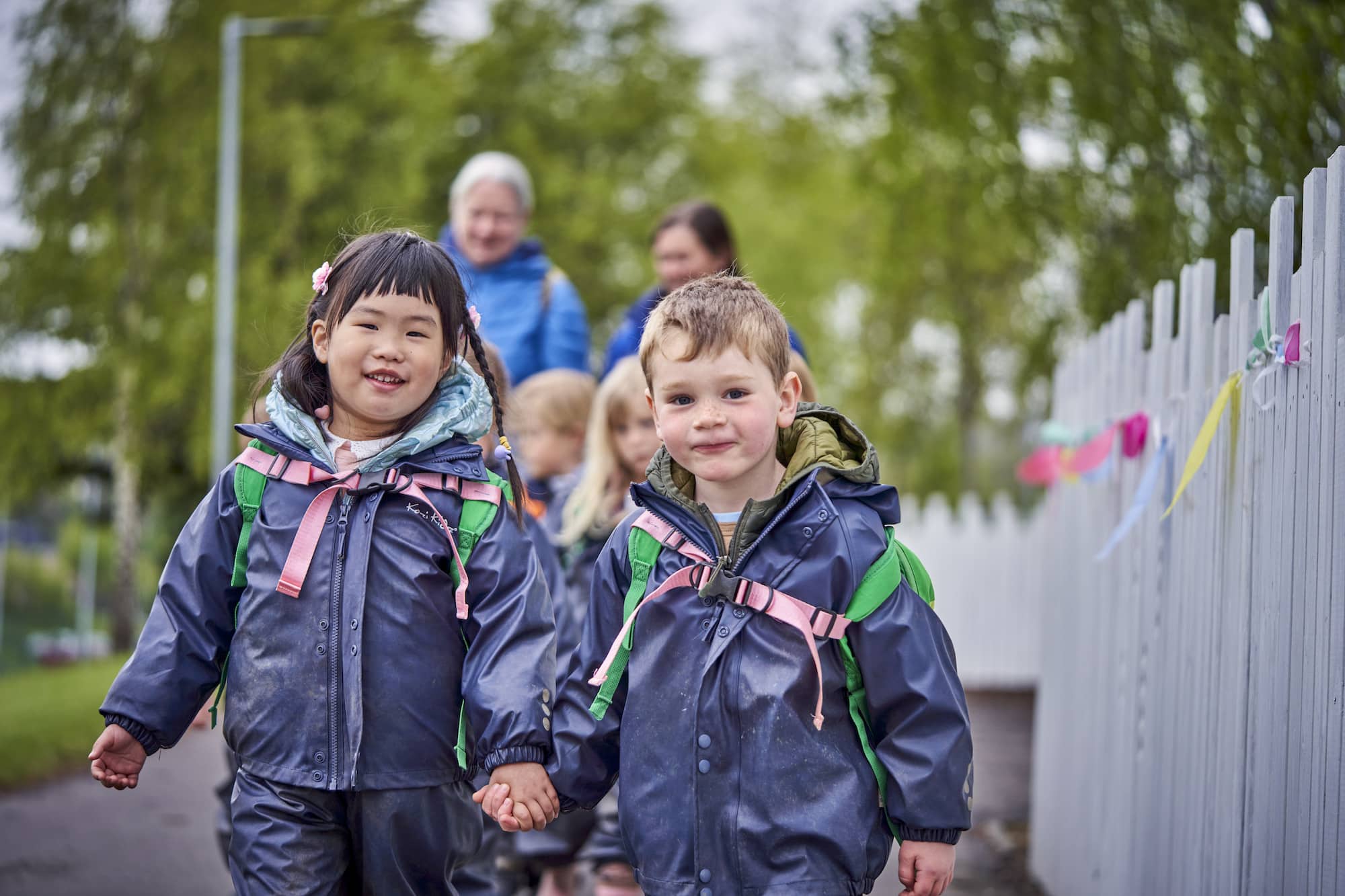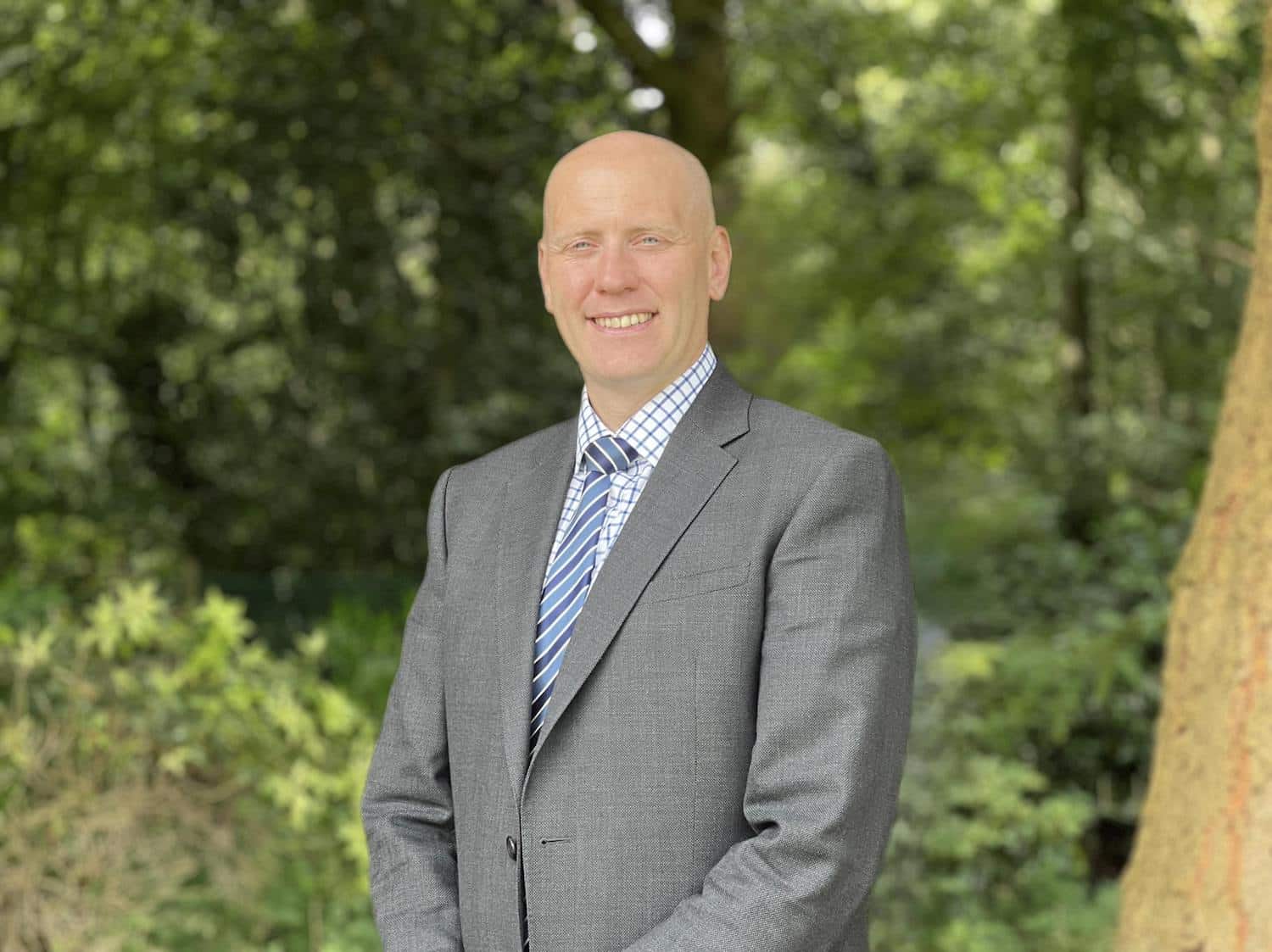When you were at school, did you have a clear idea of what you wanted to do next?
I had a couple of career aspirations during my time at school; a teacher, a scientific doctor but as I began to study economics in S3 (with Mr Carrington and Mrs Basu), I knew that I wanted to work in the business world.
Did any of your teachers help to inspire your plans?
While I don’t think any teachers inspired my specific plans as such, they definitely influenced me. Mr Richardson (English) encouraged me to refine and refine my work, always seeking to improve; Mrs Williams (RE) inspired my curiosity and tolerance of other opinions; Mr Carrington (Economics) sparked my interest in the world of economics and commerce; and Mrs Lowe (German) taught me to believe in my abilities to learn what I thought was unachievable.
How did you end up working in Australia? Was it the country that made you seek work there or did the job lead the location?
Honestly, it was not particularly planned out. My then partner and I decided to give Melbourne a go for 3 months (in winter?!), we fell in love with the city, the ability to travel around the region and have some new life experiences. I fell into a career in insurance almost immediately but the opportunities were available and I took as many as I could while building a network around me; 3 months became 2 years, 4 years, its currently 13 years and counting.
Tell us about your job, what’s involved day to day, did you need any particular qualifications or experience for the role?
I currently look after colleagues across both our client services and claims teams in multiple states. A typical day consists of leading, coaching and motivating my direct reports, analysing business intelligence, collaborating on business improvement projects with some meetings for good measure. While my degree helps to an extent, I also have a professional qualification specific to insurance. I think previous leadership experience as well as the technical skills are useful in concert with each other.
What do you like most about your job?
I’m a people person and being a leader allows me to spend time building relationships and interacting with people. I also like that I can make a positive impact on my colleagues’ professional lives. I have had good and bad managers and I like to use my experiences to create the best environment for my team to be the best professional versions of themselves. To quote Jack Welch, “Before you are a leader, success is all about growing yourself. When you become a leader, success is all about growing others.”
What has been the most challenging part of your career so far?
Adjusting to becoming a manager, learning to delegate effectively, trust others and work with people who think differently than I do.
Is there any advice you would give to pupils who wish to work internationally?
Give it a go! If it doesn’t work out, you haven’t lost anything but you have gained an experience. Also, do your research into visa requirements early on and consider working for a company with a global footprint which may make secondments and transfers easier. Be aware you may need to complete conversion courses for some fields such as law or teaching.
Tell us about your volunteer roles outwith your job. What inspired you to get involved with the organisations and what are your hopes for their future development?
I think attending SMC gave me a sense of responsibility to make a difference in society, I was a member of the charities committee and that sense has been with me since.
I became involved with Young Insurance Professionals of Australia and New Zealand because I was grateful for the opportunities the insurance industry had given me. I knew that young professionals do not have the same valuable networks and industry knowledge that established professionals do and I wanted to help bridge those gaps.
As President, I grew the organisation to 8,000 members with branches in every state and territory of both Australia and New Zealand, each running 3 social and 2 educational events each year; I even delivered a lecture on insurance at a university! The next generation of leaders are doing great things with learning and development but without specific tertiary qualifications, education and building skills is still a priority.
With Globe Victoria, I wanted to make a difference for LGBTIQA+ people, using my skills to help the organisation achieve its mission. The organisation has grown while I have been involved so building up frameworks, processes and volunteer capacity has been important. We have evolved our awards from an annual gala dinner into a fully televised show with entertainment and VIP guests including the State Governor. I hope to be able to create more grants for community organisations and scholarships despite the challenges of funding in the current climate.
What advice would you give to current pupils when thinking about their future?
Anything is possible if you do the work. If you had told 17-year-old Andrew in S6 that he would move to Australia, have a successful career in insurance and run two charities in his spare time, I would not have believed you but here I am.
There is more than one path to the destination. Be flexible with your plans and open to alternative opportunities, sometimes things don’t work out as planned whether that’s a course choice or a job. Embrace the opportunity if you do move in a slightly different direction, you will learn from a new experience which in turn may lead to an unexpected opportunity.
Enjoy what you do. I used to make lists of what activities I enjoyed (or did not enjoy) doing in my roles and matched those up to possible jobs to align the role with myself.
Tell us your favourite memory of your time at school
The ones that come to mind are the Carbisdale trip in S3, volunteering in the school library and running a tuck shop as part of Young Enterprise in S5.

